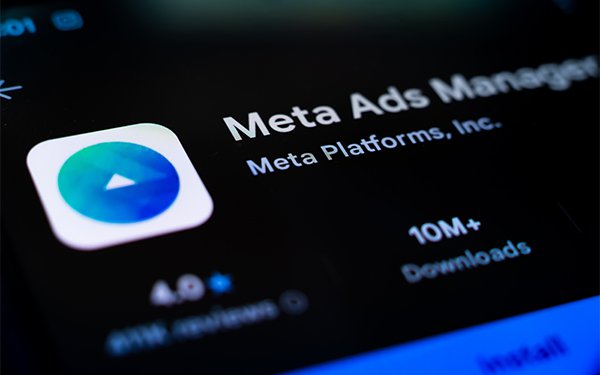
For the past three years, Meta has hidden its failure to
stop millions of various scam ads exposing users across Facebook, Instagram and WhatsApp.
According to a report by Reuters, the tech giant has accumulated billions of dollars in revenue from this
alleged scheme.
In unreported documents reviewed by Reuters from 2024, Meta shows an estimated 15 million “higher risk” scam advertisements to its users per day on average, earning
about $7 billion in revenue a year from these fraudulent ads.
The internal documents showed an even higher revenue projection, however, with the company earning about 10% of its overall annual
revenue -- equivalent to $16 billion -- from ads pushing scams, schemes, illegal online casinos and banned goods.
Reuters also noticed that users who click on fraudulent ads become more
susceptible to seeing more of these ad types more frequently due to Meta’s ad-personalization system.
advertisement
advertisement
“The company only bans advertisers if its automated systems predict the
marketers are at least 95% certain to be committing fraud, the documents show,” Reuters explained.
“If the company is less certain -- but still believes the advertiser is a likely
scammer -- Meta charges higher ad rates as a penalty, according to the documents.”
The process detailed above is designed to bar suspect advertisers from placing ads, but Meta still
continues to profit. Andy Stone, a Meta spokesperson, responded to the report, stating that the documents acquired by Reuters “present a selective view that distorts Meta’s approach to
fraud and scams,” but failed to provide a lower estimate of Meta’s annual scam-ad revenue intake.
“The assessment was done to validate our planned integrity investments
– including in combatting frauds and scams -- which we did,” Stone added. “We aggressively fight fraud and scams because people on our platforms don’t want this content,
legitimate advertisers don’t want it and we don’t want it either.”
Stone also said Meta has reduced user reports of scam ads globally by almost 60% over the past 18 months,
removing over 134 million pieces of scam ad content.
According to Reuters, some of the documents show company managers celebrating staffers for their ability to reduce scam ads.
The
news comes as Meta’s advertising auction system is under investigation following a South Carolina gym’s amended complaint against Meta, alleging that Facebook overcharged advertisers by $4
billion between 2013 and 2017.
For four years, the gym argues, Facebook claimed that it would use a “second price” auction system, but used a “blended price” system
instead, ultimately charging advertisers far more than they expected.